observation – Field heroes 4
Posted by admin Leave a comment
A series of guides for the data collectors to increase their skills in data collection for various research sectors.
Titles of the guides:
1. Data Collection ethics.
2. Individual and KI interviews.
3. Focus Group Discussion.
4. Field visit/Observation.
the fourth and final guide of the Field Heroes series, which provides an explanation of the appropriate mechanisms and procedures for collecting data through observation, which is usually done through a field visit to the project site.
The observation is one of the most important tools of data collection because it helps us to obtain information about the expressed needs, which are more credible than the felt needs of the people, and it’s also the main tool in the methodology of Design Thinking developed by Ideo to help create innovative products.
Worked on this guide:
Ghath Humaidan: manager of data collection teams
Khaled Brram: data analysis officer
Emad Al-Sari: market analysis specialist
Anas Jamous: field coordinator for data collection
Azzam Al-hadi: data quality officer
supervision Ghaith Al Bahr consultant in statistical Studies
Design: Omar Ghafrah- Faysal Al-Mashhadani
Report language: Arabic
observation
The dominant form of data collection processes is obtaining data directly from the research sample through preparing a set of questions related to the topic under study, and these questions are presented to the members of a research to get answers for these questions.
But the data collection process is not always done this way, in many cases, field researcher may need to collect the data himself by observing and monitoring the behavior and conduct of the research sample, or by studying the case he needs to collect data about, and for that, he uses his senses to collect the required data, this is what we call data collection by observation.
Observation is used to collect data in many cases, some of these cases are data collection processes related to the target sample, as in the case of collecting data about children or people with mental disabilities who are unable to express their thoughts and opinions. And some of these cases are related to the nature of the case on which data collection is required, as in the case of field visits to a particular place.
Observation has many strengths that make it an important tool of data collection tools, but on the other hand, it has many weaknesses. Collecting data using the observation method requires the field researcher to consider many important points when conducting data collection process, and in case of field researcher’s failure to commit to one of these obligations, it is considered as a professional mistake.
Based on the above, through this guide we will list the most important cases in which observation is used in data collection processes, and mention its strengths and weaknesses and talk about the obligations that the field researcher must commit to while using observation in data collection processes.
Concept of observation:
Observation is one of qualitative data collection tools and means that the field researcher should focus and pay attention to a particular behavior either individual, collective or a case under study in order to collect data about this behavior or case to reach a further understanding and clear perception of this behavior or case, and to analyze it in order to know the factors that affect it.
Cases where observation is used:
Observation is used in the exploratory and descriptive studies for collecting data about a particular group in a normal environment, including aspects of their lives and their activities, and it is the most appropriate way in this case where discussion sessions and interviews may influence the answers of the target sample as an attempt by them to satisfy field researchers or to hide information they do not want to share.
Observation can be used as a tool to collect study’s data in case of doing a directed research or to monitor particular events or focusing on specific aspects. Observation is used in this case because of the field researcher’s ability to distinguish the data related to the research topic and thus focus on it and collect the required data.
In addition, observation is used as a tool to collect additional data when conducting focused discussion sessions or individual interviews to monitor the reactions of the participants and their emotional expressions.
Observation is the best data collection tools in case of field visits such as visiting a water pumping station, a medical center, a school or any other type of field visits.
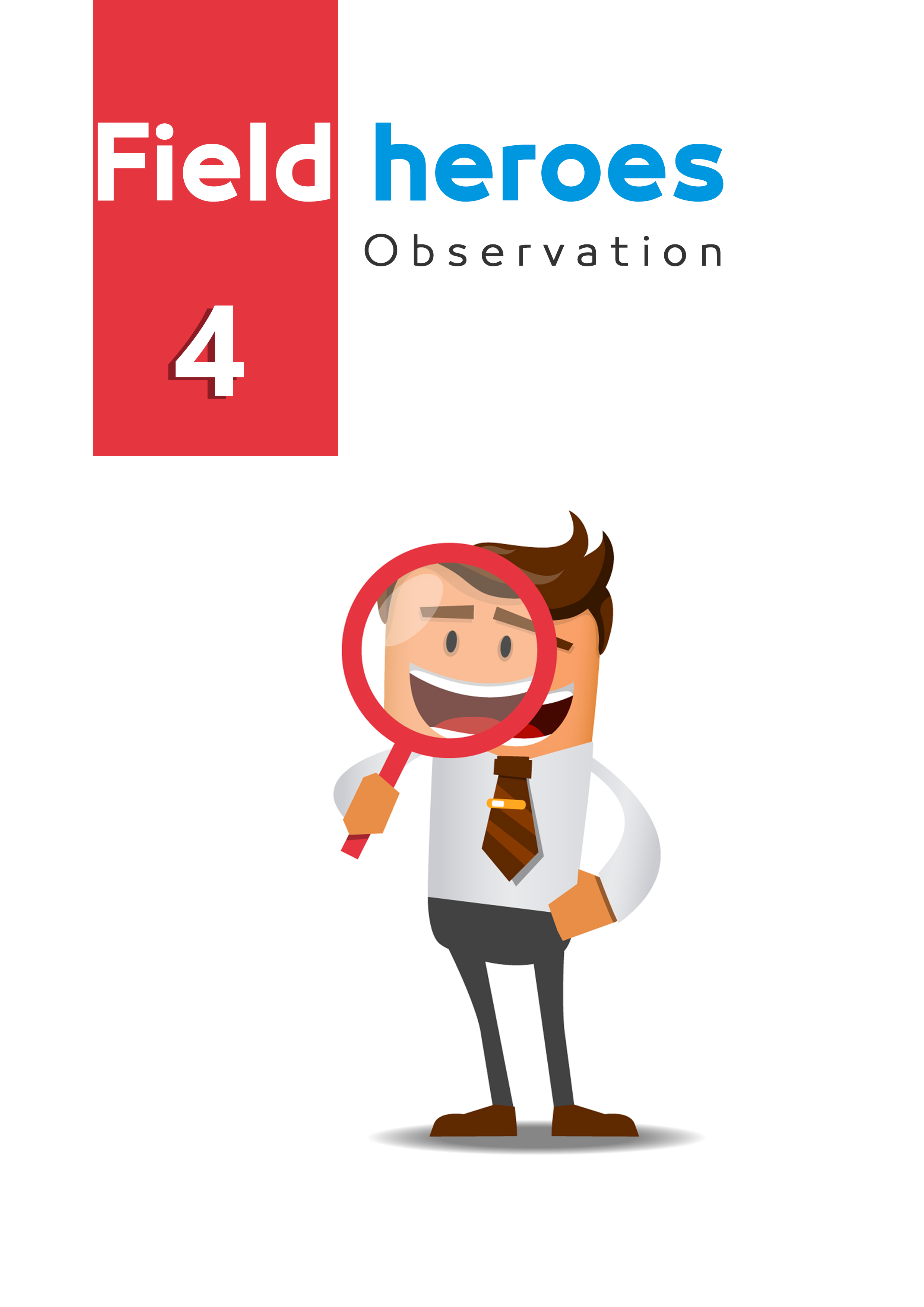
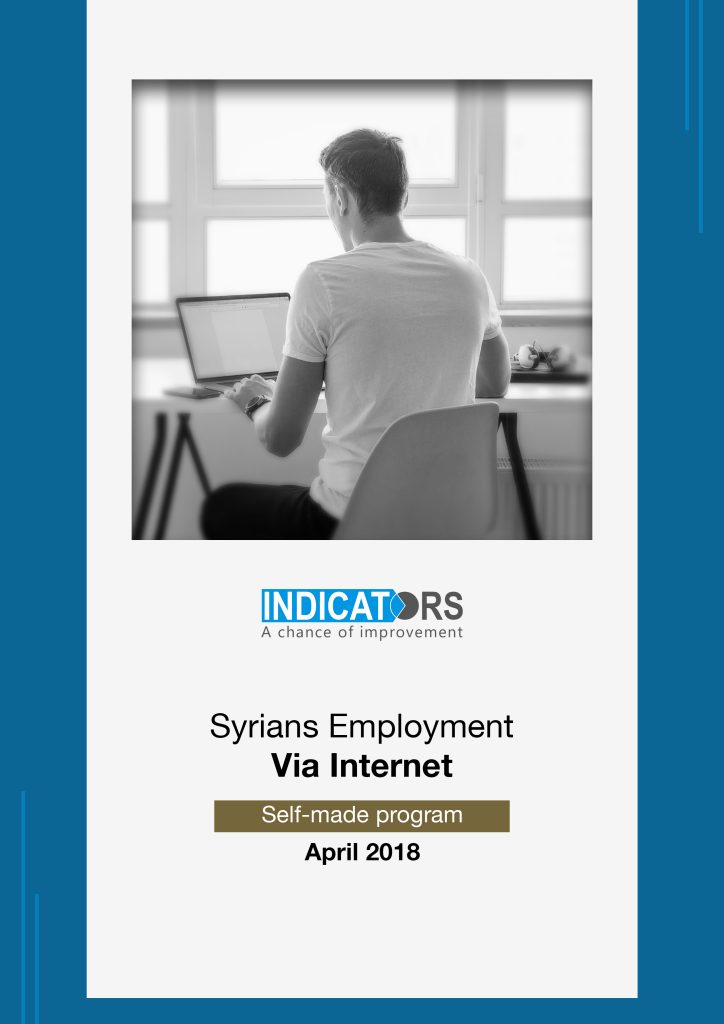
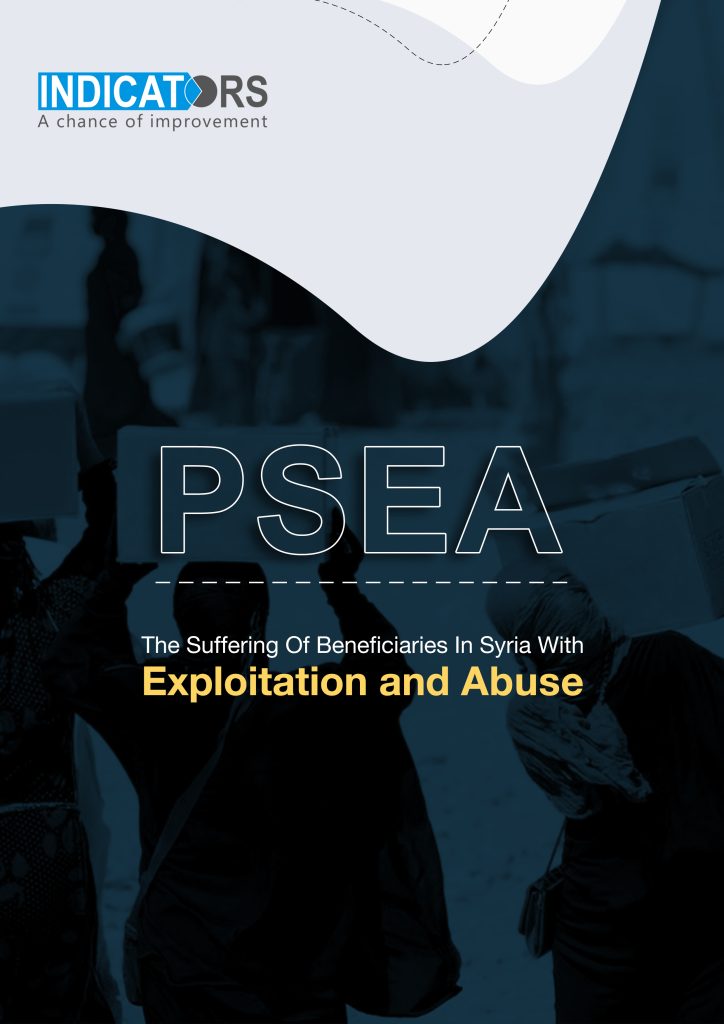
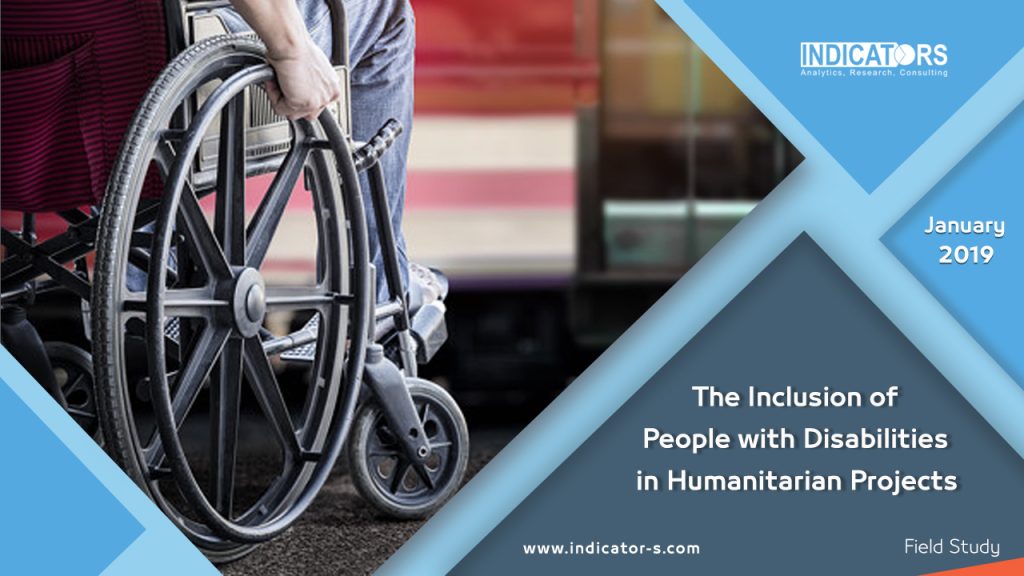
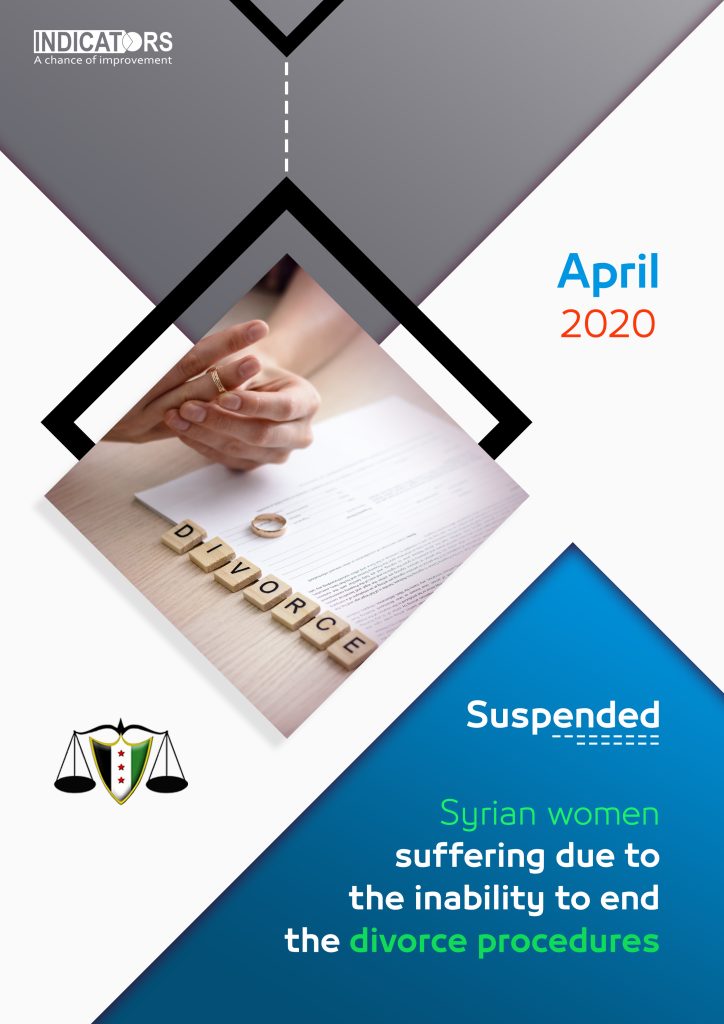
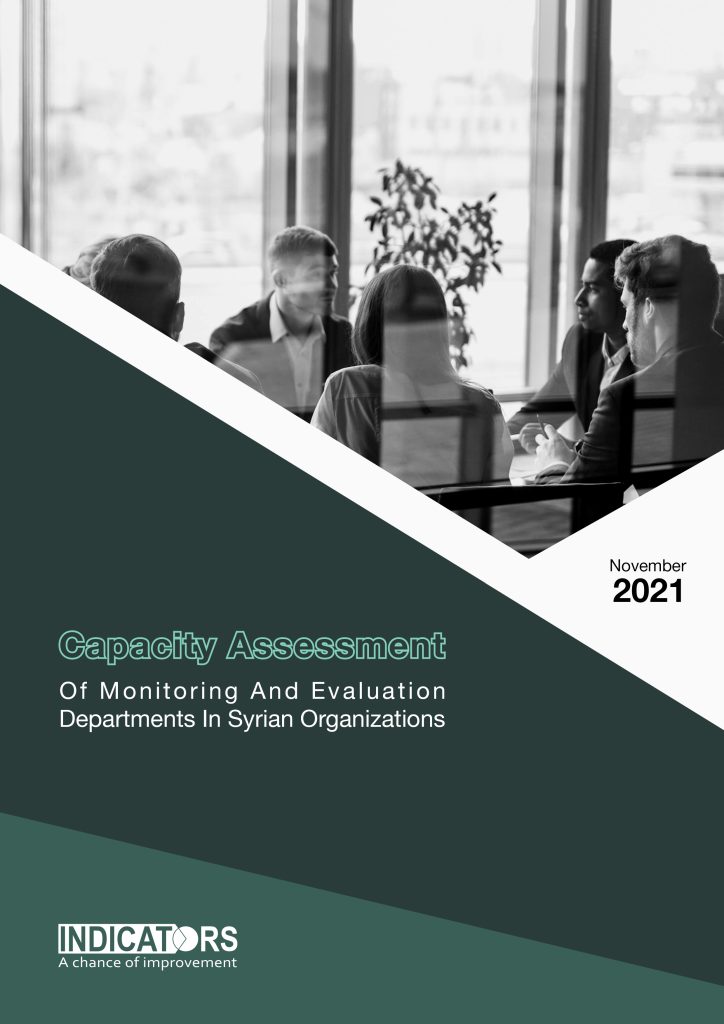
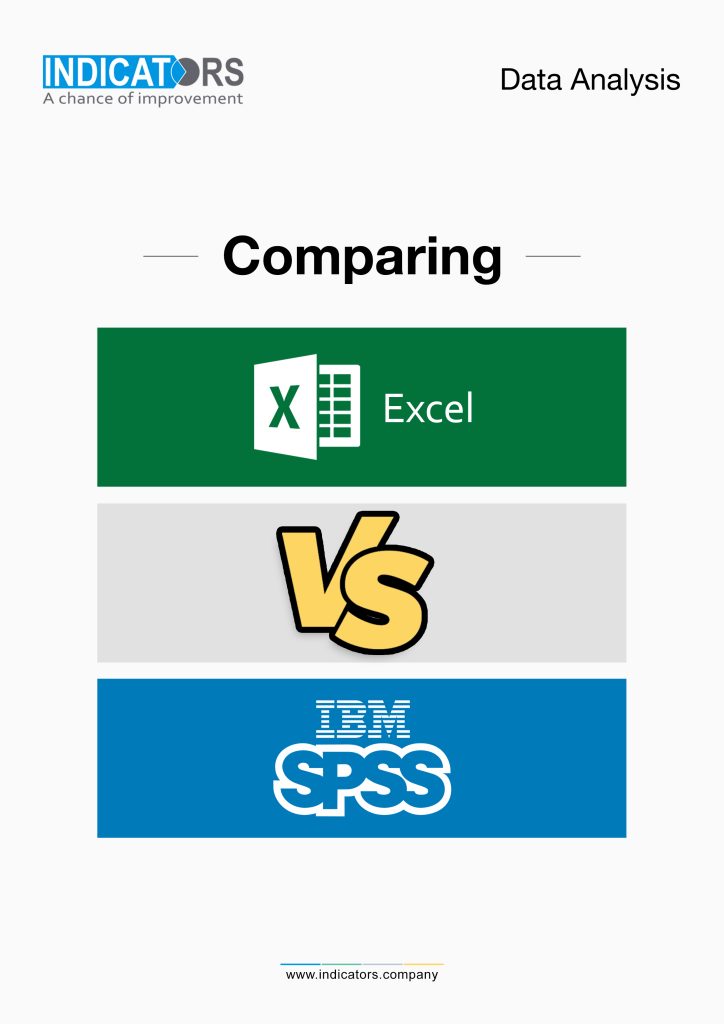
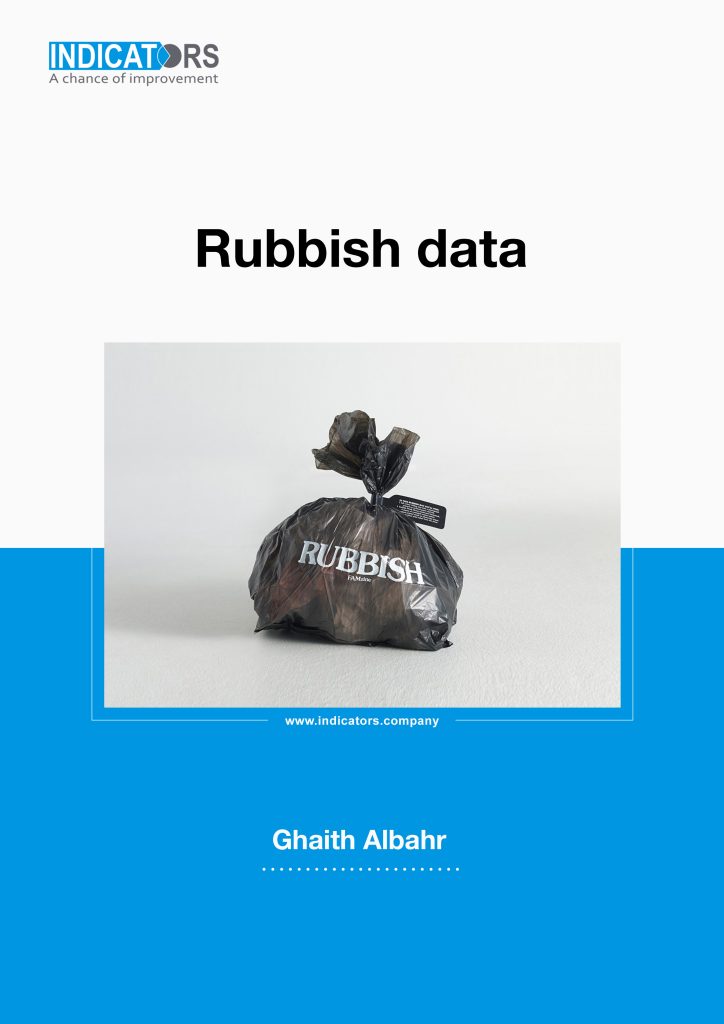
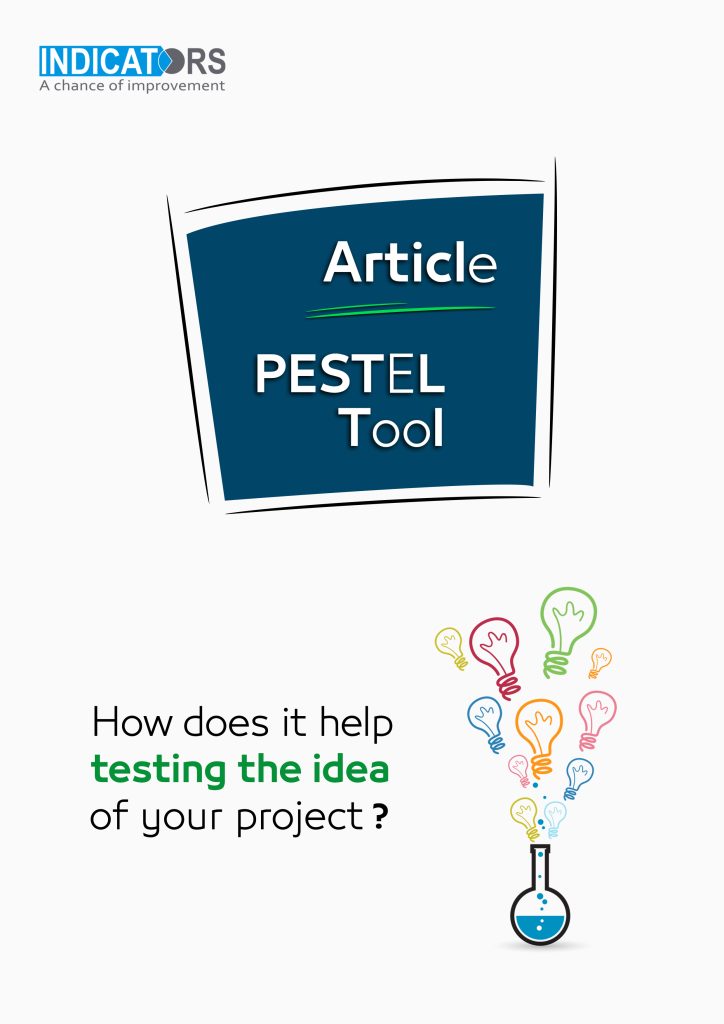
Reviews
There are no reviews yet.